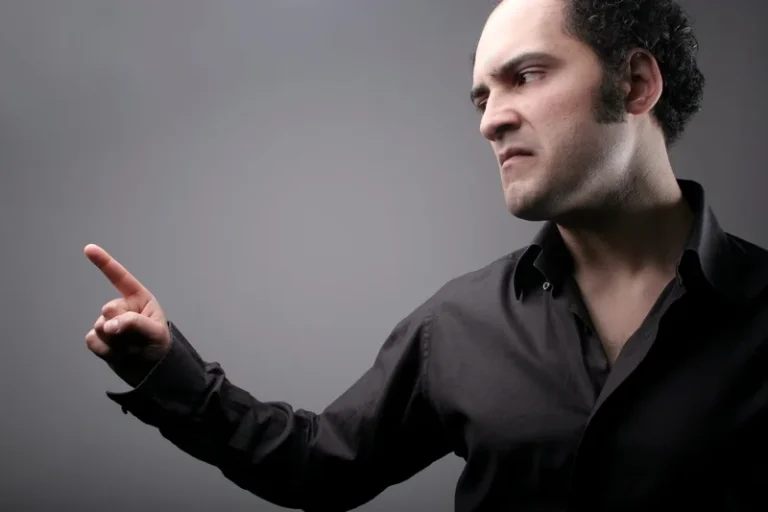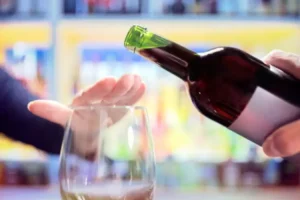
This habit helps foster a positive mindset, shifting your attention away from obstacles and toward opportunities. It also allows you to recognize the abundance that may go unnoticed. Gratitude helps you appreciate your progress and promotes peace and achievement. Addiction is rooted in negative emotions and core beliefs rooted in childhood. In rehab, you will have gained an insight into how certain beliefs drive your compulsion to take substances.
Do not let malicious friends and family hold you back.
The evaluation consists of 11 yes or no questions that are intended to be used as an informational tool to assess the severity and probability of an SUD. The test is free, confidential, and no personal information is needed to receive the result. Mike is highly organized, and plays an integral role in helping families and their loved ones navigate the admissions process.

Start with the Basics:

Researchers call these activities alternative reinforcers – and they play a key role in helping people overcome substance use problems. Plans kept only in your mind are too easily cast aside, changed in the moment, or forgotten entirely. It’s simply not enough to just think about your recovery plan; you need to make it permanent.
Middle Recovery
- If you’re struggling to come up with ways to practice self-care on a daily basis, here are nine great ways to practice self-care while you’re enrolled in sober living.
- Eminem was addicted to opioids and nearly died from an overdose.
- U.S. alcohol guidelines are changing as health concerns increase.
- If you can take small steps forward in taking the actions necessary to fix problems and move towards your goals, those little steps will add up to major accomplishments before you know it.
- When their provider retires or moves, they may not find anyone willing to take over.
- Individuals who are in recovery cannot allow themselves to become overwhelmed.
Cutting such people out of your life will reduce your chances of relapse as well. Quitting drugs or drinking is probably going to be one of the hardest things you or your friend do. It’s not a sign of weakness if you need professional help from a trained drug counselor or therapist. Most people who try to kick a drug or alcohol problem need professional help or a treatment program to do so. A critical step in relapse prevention is identifying personal triggers.
- But some triggers can’t be avoided, and, further, the human brain, with its magnificent powers of association and thinking, can generate its own.
- Having a “parachute” ready for such eventualities takes a little preparation and knowledge that some situations (such as a social event or party) will in fact be high risk.
- Addiction can take a significant toll on the brain and body and may have serious medical side effects that take months or even years to resolve.
- Taking stock of the impediments enables people to learn as they go, staying more vigilant and discovering the nature of the terrain, diminishing the likelihood of making the same mistake going forward.
- Now, your new future is a blank slate, and you can decide who and what you want to be, accomplish in life, but you must make that decision and carry it out.
- Think of it as laying down a new set of tracks for your life to run on – tracks that lead you away from old habits and towards healthier choices.
Start Recovery Today
- It can be tough going through rehab and adjusting yourself to a new sober life.
- By integrating meaningful activities into a daily schedule and cultivating a supportive community, individuals can create a solid foundation for long-lasting sobriety and personal development.
- This will give you a sense of purpose and fulfillment outside of your addiction.
Other research pinpoints the values of cognitive behavioral therapy for relapse prevention, as it helps people change negative thinking patterns and develop good coping skills. Another step to take when mending relationships with friends and family and to find out what they expect and need from you and their expectations of your behavior when dealing with them. For example, if you began using drugs and rebuilding your life after addiction alcohol as a teen, and now you’re in your late 20’s, the early ’30s, life has changed. You may only remember things back when you were sober and a functioning family member, but those roles and expectations in those relationships have also changed. At Mass General Brigham, where I work, we are focusing on substance use disorder and equity in outcomes as a top clinical priority across the entire system.
Ready to Get Started?
Step 5: Get Support After a Relapse
